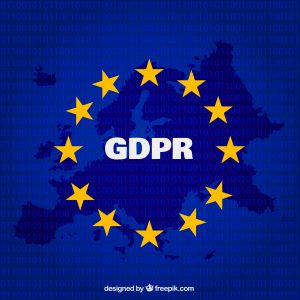The Danish pronoun ‘man’ used as ‘I’ in conversation
In English, you is both a definite and an indefinite pronoun. This means that speakers can use the same form to refer to a specific person and to refer to someone unspecific, someone in general. In Danish, the pronoun man is used to refer to someone in general, just like the English indefinite you, and the word’s primary meaning, listed in dictionaries and grammars, is this generic function. However, there are instances in the language where man occurs as an indefinite pronoun with self-reference. These instances are only briefly mentioned in the literature and are not described in detail at all.
This blog post is based on a presentation and an article from the 17th MUDS – Møderne … ↪




